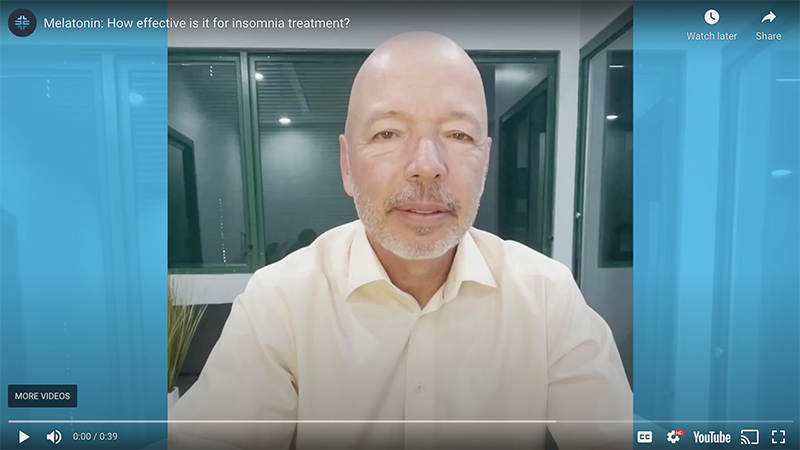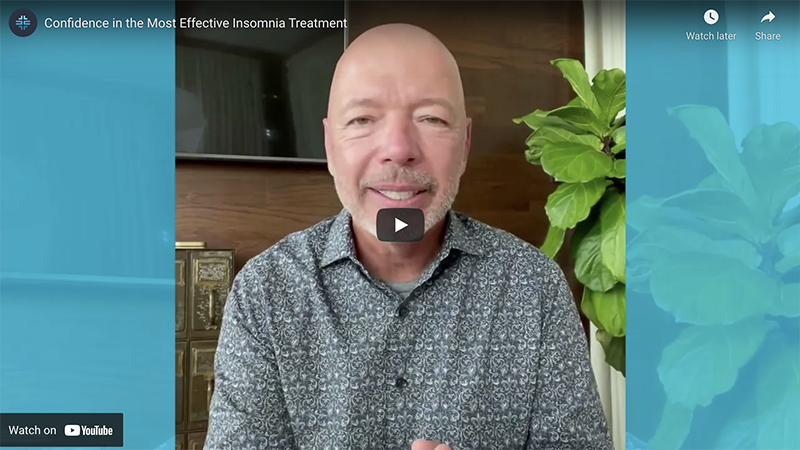Known as one of the most commonly suffered conditions, insomnia affects roughly 30 percent of the general adult population. For some, it is ongoing sleep disruptions and for approximately 10 percent, it is more severe and leads to daytime functional deterioration. According to a 2005 poll conducted by the National Sleep Foundation (NSF), the majority of respondents reported that they were troubled by some form of insomnia that led to feeling un-refreshed the next day.
Because solid sleep is a necessity for physical and mental health, it is important to be educated on what exactly insomnia is and even more important to seek treatment if you are a victim of the condition.
Insomnia, according to physicians, is the struggle to fall asleep and/or stay asleep, resulting in a lack of sleep satisfactions paired with one or more of the following symptoms: low energy, mood disturbances, fatigue, decreased performance in a job or a classroom setting, and difficulty concentrating. Even if you allow yourself plenty of time to slumber every night, you still may not get sufficient high quality sleep.
The varying degrees of insomnia are often based on age. For younger adults, it is more common to spend hours attempting to fall asleep to no avail. Older adults are more likely to be stirred and woken several times during the night, never able to get into a solid sleep cycle. Some simply wake up too early in the morning and are unable to fall back asleep and others have poor sleep quality that makes them feel unrested, causing fatigue throughout the day.
Quality and quantity of sleep are considered heavily when determining if a person has insomnia. If left untreated, there is a great possibility that the risk of particular health issues will skyrocket in a patient, or they may simply lose focus and concentration, which can cause life-threatening accidents.
Like most health conditions, insomnia is characterized based on its severity and duration. Acute insomnia is typically short-term and is often the result of a life circumstance that keeps you up worrying at night. Oftentimes the stress of an exam the following day or unsettling news will cause Acute Insomnia. Because so many people have been faced with difficult news or challenging seasons of life, this type of insomnia is fairly common and tends to work itself out without the help of treatment.
Chronic Insomnia
Chronic insomnia, on the other hand, is disrupted sleep that occurs at least three nights a week and goes on for three months. There are a variety of different causes related to this type of insomnia including shift work, clinical disorders, certain medication, unhealthy sleep habits, and environmental changes. All or some of these causes may result in insufficient sleep that lasts for a long period of time.
Parenthood, women & insomnia
Gender plays a role in insomnia, and women are more likely to report symptoms of the condition. In a 2002 NSF poll, 63% of women and 54% of men experienced some symptoms of insomnia at least a few nights a week. Sleep doctors have also picked up on unique trends associated with the condition and age plays a major role when it comes to sleep loss. Younger adults are more likely to experience symptoms and 68% of 18 to 29-year-olds reported symptoms of insomnia, whereas 59% of adults between the ages of 30 and 64 reported evidence of the condition. People over the age of 65 were the least likely to experience insomnia.
As to be expected, parents are more likely to be inflicted with insomnia versus adults who don’t have children. Whether it is the added responsibility of parenthood or the fact that young children wake up throughout the night, 66% of respondents with insomnia are parents versus 54% of respondents not claiming to have children.
Insomnia Treatment
While insomnia is difficult to understand, it is often related to another medical or psychiatric issue, and those with chronic insomnia will likely benefit from treatment designed to get them back to healthy sleep patterns. Falling asleep is known as onset and staying asleep is known as maintenance, two important factors in determining a path to treatment. In order to determine whether your insomnia is psychological, behavioral or the combination of both, it’s important to discuss your history and current situation with your doctor. From there, you can decide on the best plan for treatment.
If your doctor identifies CBTI as an ideal treatment, please contact us for help.


